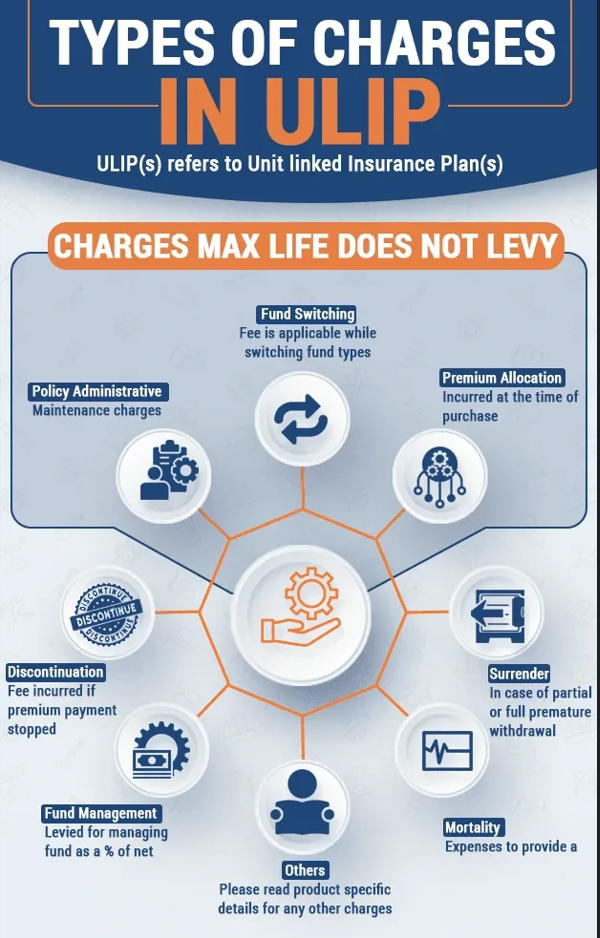Being
a homebuyer, one should beware of the various tax implications that one may
have to face while owning more than one house
Followed
by another one, for how many properties one can take a housing loan?
On
the face of it, the queries are simple, the answer is even simpler but do tax
laws look at this so simply?
Probably
not. So, to answer the queries as many as you want, as there is no restriction
on the number of properties you can own or / take a home loan either under the
banking laws or / the Income Tax laws.
However,
there are some tax implications for owning more than one house...!
DEDUCTION
IN RESPECT OF REPAYMENT OF PRINCIPAL OF HOUSING LOAN..!
Presently,
Section 80 C allows you an overall deduction upto Rs. 1.5 lakh for repayment of
the home loan, including any amount paid for registration and stamp-duty of a
residential house.
So,
you can claim this for any number of housing loans within the overall limit of
Rs. 1.5 lakh. This deduction is available together with other items such as
life insurance premium, tuition fees for two (2) children, contribution towards
EPF (Employees' Provident Fund) , PPF (Public Provident Fund) and NSC (National
Savings Certificates), etc.
This
deduction can be claimed if the loan has been taken from banks, housing finance
companies (HFCs) and other specified entities. Moreover, in my opinion, this
deduction can only be claimed after you have taken possession of the property
though there are opposite views.
So,
in case you have started repaying the principal of a housing loan while the
construction is not complete, you can not claim any tax benefits for such
repayments.
Interestingly
, repayments of a home loan taken from your friends & relatives are not
eligible for this deduction.
DEDUCTION
FOR INTEREST PAYMENT..!
In
addition to the principle re-payment, you can claim deduction for interest on
loans taken for purchase construction re-pair renovation of any property under
Section 24b. This deduction for interest payment can be claimed in respect of
any house property including a commercial property .
In
case you own only one residential house property & the same is occupied by
you, the deduction available is capped at Rs. 2 lakh. In case you own more than
one house property and those are occupied by you, you have to exercise an
option to choose any one of the property as self-occupied & the other
properties shall then be treated as let-out for which a notional rental income
is required to be offered for taxation.
However,
in case of a let out property , the actual rent received, is taxable in your
hands. In respect of properties which are either let-out or which have been
deemed to have been letout, you can claim full interest paid against the
notional rent or the actual rent received. This deduction is available even if
you have borrowed money from your friends or relatives.
EXEMPTION
FROM CAPITAL GAINS..!
Section
54 & 54F allow you an exemption from long-term capital gains if you make
investments in a residential house. Such exemption is available in respect of
sale of two (2) asset classes. Under the category covered by Section 54,
long-term capital gains arising on sale of residential house properties, are
exempted if such gains are invested for purchase or / construction of another
residential house. There is no restriction as to the number of residential
houses you can own as on the date of sale of such house for claiming this
exemption under Section 54.
However,
in order to claim the exemption under section 54F which covers long-term
capital gains on assets other than a residential house, you should not own more
than one residential house other than the one you are acquiring on the date of
sale of the other asset.
So,
if you own more than one house on the date of sale of the asset except the
house in which you are investing the long-term capital gains, you can not avail
the capital gains tax exemption by investing in a residential house under
section 54F.
PROVISION
UNDER WEALTH TAX ACT..!
However,
as far as tax on value of house property is concerned, wealth tax act provides
for exemption of one house from levying wealth tax without monetary value.
However,
in case you own and occupy more than one house, you have an option to choose
one house as exempt & offer the value of the other house for wealth tax.
All
commercial properties are exempt from wealth tax. In case you own more than one
house & others have been let-out during the last year for a minimum period
of 300 days, then the same is exempt from wealth tax.
In
case the value of the second house together, with other assets is not more than
Rs. 30 lakh, you do not have to pay any tax as the total value of the assets
does not exceed the exemption limit.
Src:
TIO
































